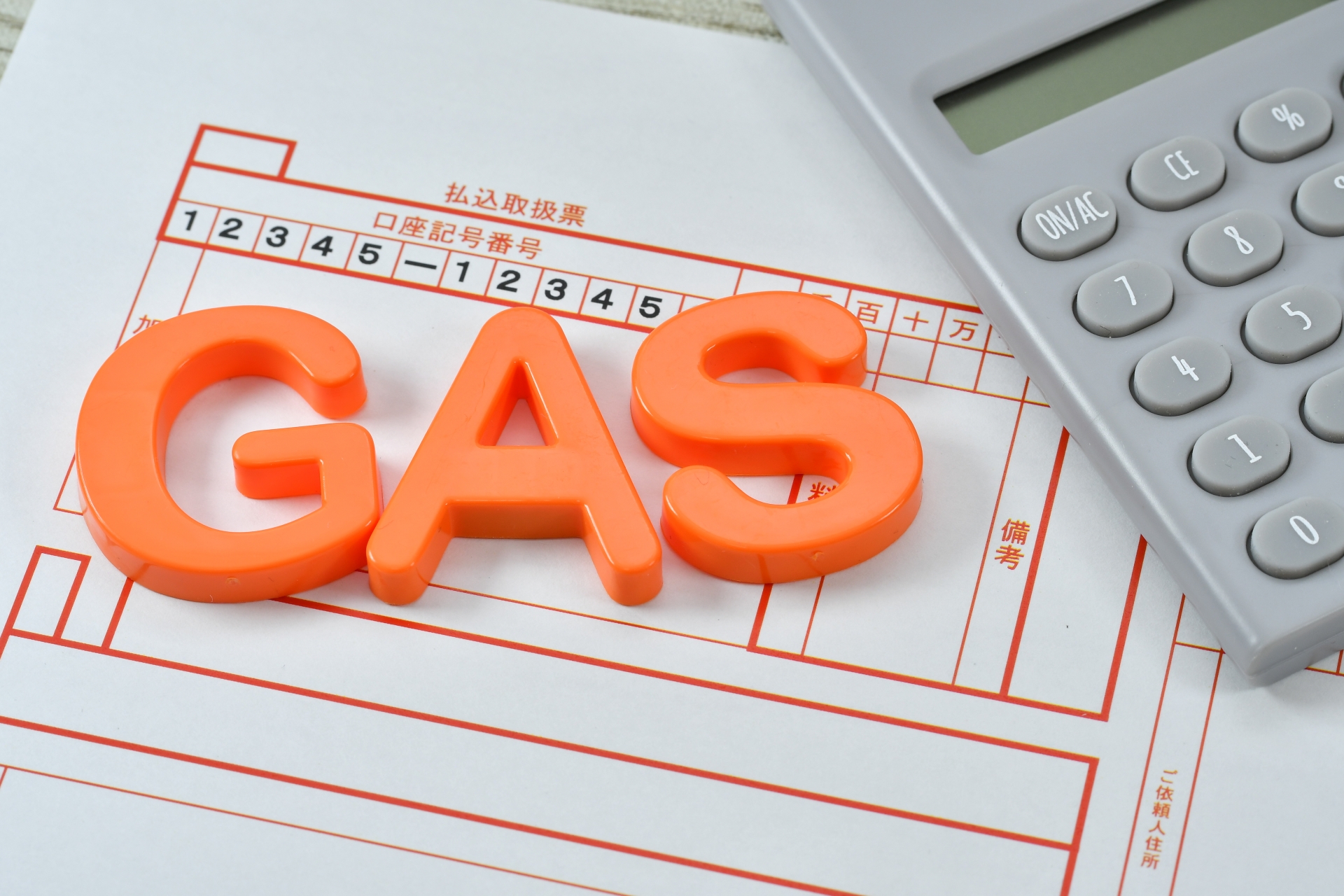City Gas or Propane Gas? Differences and How to Choose
2024-11-19
Japanese Culture & Customs,Housing in Japan

Gas is used for cooking, water heating, and other household needs. In Japan, residential gas is supplied in two forms: city gas and propane gas. For many foreigners living in Japan, understanding the differences between city gas and propane gas, as well as which one is better suited to their needs, can be confusing. This article provides a detailed explanation of the characteristics, differences, and selection tips for city gas and propane gas.
City Gas and Propane Gas
Let’s start with the fundamental differences between city gas and propane gas.
City gas is primarily composed of natural gas, mainly methane. It is supplied to urban areas with high population density, hence the name “city gas.” It is delivered to households through underground pipelines. This means the availability of city gas depends on whether a location is within the pipeline service area, making its usage somewhat limited.
On the other hand, propane gas consists of liquefied petroleum gases such as propane and butane. It is delivered in cylinders by suppliers, enabling its use in areas without pipelines. Propane gas can be supplied nationwide, regardless of location.
You can identify whether a property uses city gas or propane gas by checking for gas cylinders on the premises. If cylinders are present, the property likely uses propane gas. If not, it is likely a city gas property.
Differences Between City Gas and Propane Gas
Heat Energy
The heat energy of city gas is approximately 11,000 kcal/m³, whereas propane gas delivers a higher heat energy of 24,000 kcal/m³. This means propane gas has nearly twice the heating power of city gas.
For tasks like boiling water, propane gas requires about half the amount of gas compared to city gas due to its higher energy density. However, gas appliances are designed to deliver equivalent heat output regardless of the gas type. In practice, the time required to heat water or cook food is almost the same for both types of gas.
Gas Leak Detectors and Response Measures
City gas, being primarily natural gas, is lighter than air and will accumulate near the ceiling if it leaks. Thus, gas detectors for city gas are installed at high positions. In case of a leak, you should fan the area near the ceiling to ventilate the gas.
In contrast, propane gas is about 1.5–2 times heavier than air and will settle near the floor if it leaks. Gas detectors for propane gas are installed at low positions. To vent propane gas in case of a leak, you should fan the area near the floor. Avoid using a broom, as it could generate static electricity and cause a fire.
Cost
Let’s examine city gas costs using Tokyo Gas as an example. The total cost includes a basic fee and a usage-based variable fee. Unlike propane gas, the basic fee for city gas may vary depending on consumption.
Below are the monthly gas rates for Tokyo as of December 2024:
| Monthly Usage | Basic Fee | Unit Fee (per m³) |
|---|---|---|
| 0–20 m³ | ¥759 | ¥177.92 |
| 20–80 m³ | ¥1,056 | ¥163.07 |
| 80–200 m³ | ¥1,232 | ¥160.87 |
For propane gas, costs are structured differently:
| Monthly Usage | Total Cost (Basic + Variable Fee) |
|---|---|
| 5 m³ | ¥5,084 |
| 10 m³ | ¥8,274 |
| 20 m³ | ¥14,606 |
| 50 m³ | ¥32,546 |
When comparing the costs for Tokyo, the differences are as follows:
| Monthly Usage | City Gas Cost | Propane Gas Cost |
|---|---|---|
| 5 m³ | ¥1,649 | ¥5,084 |
| 10 m³ | ¥2,538 | ¥8,274 |
| 20 m³ | ¥4,317 | ¥14,606 |
| 50 m³ | ¥9,210 | ¥32,546 |
Propane gas costs about three times more than city gas for the same usage. However, this cost difference does not necessarily reflect overall cost-effectiveness due to propane gas’s higher energy density.
Advantages and Disadvantages of City Gas and Propane Gas
City Gas: Pros and Cons
Pros
- City gas is more affordable, allowing for lower monthly gas bills.
- It is environmentally friendly, emitting less CO2 during combustion and transport compared to propane gas.
Cons
- In disasters, restoration of city gas supply can take a long time, sometimes several months.
- High initial costs are required for installing pipelines in properties.
Propane Gas: Pros and Cons
Pros
- Propane gas supply can be restored quickly after disasters, as each household’s equipment is individually inspected and repaired.
- No significant initial costs are needed to start using propane gas, as it doesn’t require underground pipelines.
Cons
- Propane gas is more expensive than city gas due to additional costs like transportation and labor.
Summary
This article explained the differences and selection criteria for city gas and propane gas. While city gas offers better cost performance, not all properties are equipped to use it. Properties with propane gas may have lower rent, and depending on your usage patterns, such as infrequent cooking or bathing, propane gas could still be a viable option.
Understanding the characteristics, pros, and cons of each type of gas will help you make informed decisions when choosing a property in Japan.

